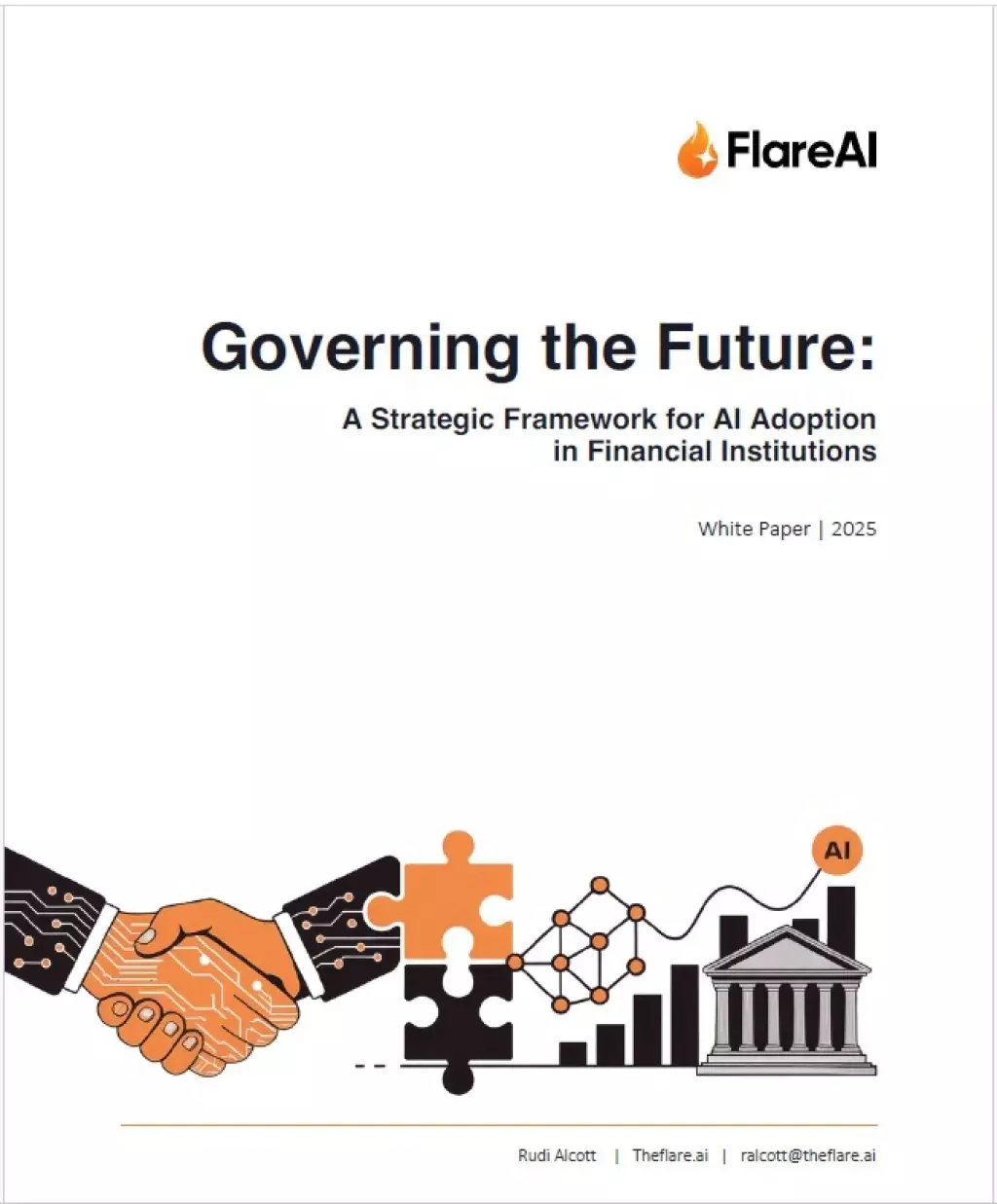OPAC Global Develops AI Systems for Enhanced Security and Infrastructure

OPAC Global is actively developing AI-driven systems that utilize OpenAI technologies to enhance data collection and infrastructure resilience, announced in a press release. The initiative focuses on creating AI agents capable of automating intelligence gathering, identifying vulnerabilities in digital and financial infrastructures, and assisting in risk assessment.
These AI agents are designed to function as autonomous data processors, scanning both structured and unstructured data to build comprehensive risk profiles. By integrating machine learning models, the system aims to refine its analytical capabilities over time, allowing for more accurate predictions and faster response times.
A significant aspect of this project is the responsible use of AI in data processing, with a focus on maintaining strict privacy standards. The AI agents are designed to collect only relevant intelligence that directly contributes to strengthening infrastructure and mitigating risks. This approach ensures that AI is used as a tool for protection rather than intrusion.
The AI system is being developed to integrate with existing security protocols, making it adaptable for businesses, financial institutions, and individuals requiring high-level asset protection. OPAC Global's long-term vision is to create an intelligent network of AI-driven agents that enhance threat detection and response mechanisms, marking a shift towards a proactive approach in infrastructure security.
We hope you enjoyed this article.
Consider subscribing to one of our newsletters like Cybersecurity AI Weekly or Daily AI Brief.
Also, consider following us on social media:
More from: Cybersecurity
Subscribe to Cybersecurity AI Weekly
Weekly newsletter about AI in Cybersecurity.
Whitepaper
Governing the Future: A Strategic Framework for AI Adoption in Financial Institutions
This whitepaper explores the transformative impact of artificial intelligence on the financial industry, focusing on the governance challenges and regulatory demands faced by banks. It provides a strategic framework for AI adoption, emphasizing the importance of a unified AI approach to streamline compliance and reduce operational costs. The document offers actionable insights and expert recommendations for banks with fewer than 2,000 employees to become leaders in compliant, customer-centric AI.
Read more
